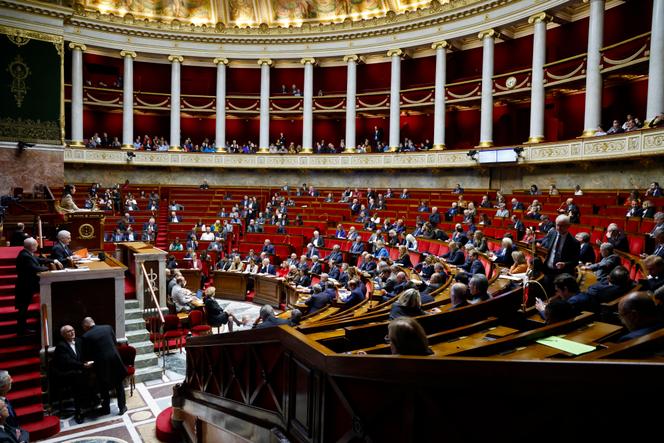


On Wednesday, November 20, the bureau of France's Assemblée Nationale formalized the creation of a France-Palestine friendship group. The aim of friendship groups is to participate in the development of parliamentary diplomacy by creating links with foreign parliaments. The creation of the France-Palestine group was rejected earlier this year by the bureau, on May 15, under the 16th legislature of the Fifth Republic, when President Emmanuel Macron's coalition still held a majority in the highest decision-making body of the Assemblée. Divided on the subject, the coalition's "no" supporters had been able to count on the support of the right-wing Les Républicains and far-right Rassemblement National (RN) in a close vote (11 against, 8 for). After the snap elections in June, the Nouveau Front Populaire (NFP) left-wing coalition gained a majority on the bureau on July 19.
As they left the chamber at around 4:30 am on the early morning of July 20, the left-wing MPs, surprised by their unexpected success, were already thinking that this majority in the bureau would enable them to create the friendship group with Palestinian lawmakers, an act that would be above all symbolic. There was already an international study group devoted to Palestine, with powers similar to those of a friendship group. But the name distinguishes countries or territories which, on paper, do not meet the criteria for a friendship group: having a functional parliament, being recognized by France – Palestine is not – and being a member of the United Nations. Renaissance, the party of President Emmanuel Macron, invoked compliance with these rules to justify voting against its creation. These criteria have not prevented the Sénat, the other chamber of Parliament, from having a France-Palestine group since 1995.
The choice of president for the France-Palestine group will now come under particular scrutiny, as the various groups in the Assemblée divide up the presidencies of these groups. MP Richard Ramos of the Macron-allied MoDem party, president of the study group, said that his party will be pushing to obtain the presidency of the friendship group. On the radical left, La France Insoumise does not want to reveal its intentions before the first collective negotiation meeting on Monday, but could apply. Another hot topic in the negotiations is the France-Israel group. Renaissance and the outgoing president of that friendship group, Mathieu Lefèvre, are again seeking its presidency, but the RN will also be in the running. The parties in the NFP, which have already agreed in advance not to step on each other's toes, have decided not to bid for the leadership.
You have 31.4% of this article left to read. The rest is for subscribers only.
